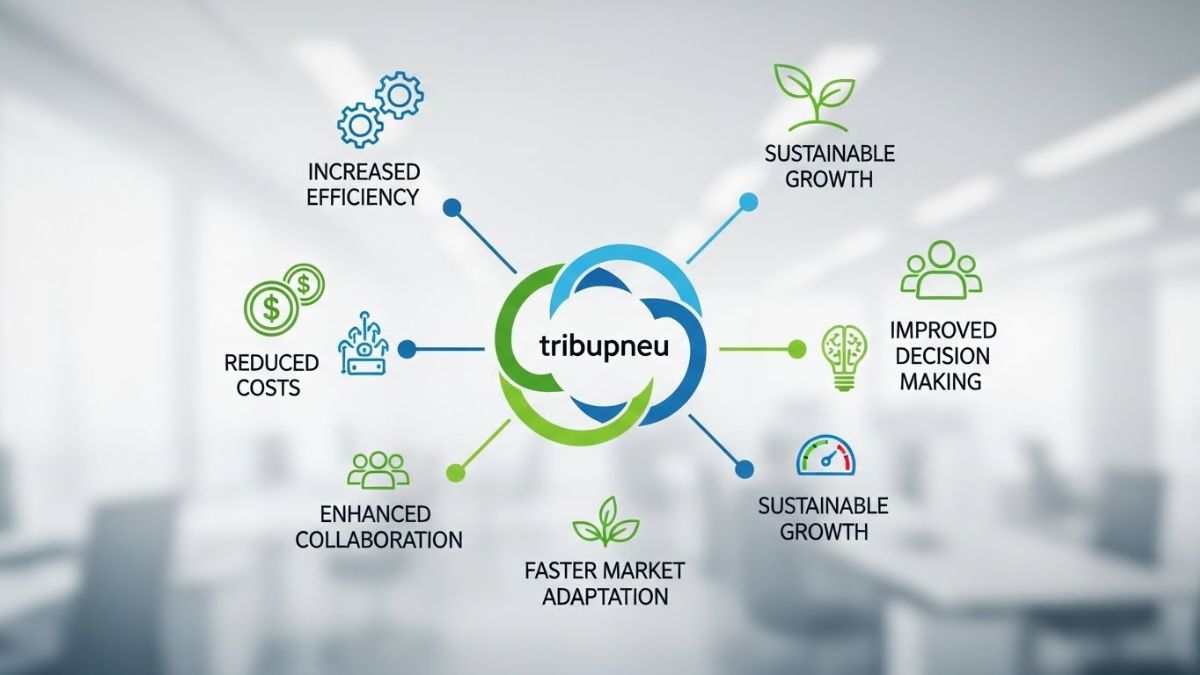Financial security is a fundamental concern for individuals navigating the complexities of today’s economy. With the unpredictable nature of life, safeguarding one’s earnings is crucial. One of the most effective ways to ensure financial stability in the face of adversity is through income protection insurance. In this comprehensive guide, we delve into the intricacies of an income protection insurance comparison, highlighting key elements that are crucial in making an informed decision.
Understanding Income Protection Insurance
Income protection insurance provides a safety net for individuals who are temporarily unable to work due to illness or injury. This type of insurance is specially designed to cover a portion of your earnings, giving you the peace of mind that you can still meet your financial obligations. In essence, it acts as a buffer, ensuring that even if you are incapacitated, your financial well-being is preserved.
The Importance of Comparing Policies
Not all income protection policies are created equal. Variations in coverage, premiums, policy terms, and benefits mean that a meticulous comparison is vital. By comparing different policies, you are more likely to find an option that best aligns with your individual needs, career and lifestyle. Taking the time to conduct an income protection insurance comparison ensures that you are privy to the best value for your investment.
Factors to Consider in Your Comparison
When comparing income protection insurance, several factors must be considered to ensure that the policy provides comprehensive coverage. These include the benefit amount, the benefit period, waiting periods, and policy exclusions. Additionally, the credibility and reliability of the insurance provider are paramount. A thorough examination of these components will provide a clearer picture of the policy’s effectiveness in safeguarding your earnings.
The Benefit Amount
The cornerstone of income protection insurance is the benefit amount – the percentage of your regular income that you are eligible to receive while you are unable to work. Most policies cover up to 75% of your pre-tax income, but this can vary. Thus, it is essential to consider your financial requirements and choose a benefit amount that offers adequate coverage.
The Benefit Period
The benefit period refers to the duration for which the income protection insurance will provide financial support. This period can range from a year to up until retirement age, depending on the policy. Longer benefit periods typically come with higher premiums, but they offer extended security. It is important to assess your long-term financial plan when deciding on the appropriate benefit period.
Waiting Periods
Waiting periods are the length of time you must be off work due to illness or injury before your insurance benefits kick in. These can range from 14 days to several months. Shorter waiting periods often result in higher premiums; however, they ensure quicker access to funds when needed most.
Policy Exclusions
All income protection policies come with exclusions that define what is not covered. Common exclusions can relate to pre-existing conditions, specific illnesses, or risky activities. It is vital that you understand these limitations to avoid any surprises at the time of a claim.
Evaluating the Insurer’s Reputation
The insurer’s reputation and financial stability should also factor into your comparison. An insurer with a solid reputation is more likely to handle claims efficiently and provide quality customer service. Evaluating past customer experiences and financial ratings of the insurer could be instrumental in your decision-making process.
The Cost of Coverage
While seeking comprehensive coverage is critical, it is also important to consider the cost of the policy. Premium prices can differ widely based on your age, health, occupation, and lifestyle choices. Weighing the cost against the benefits provided is essential to determine the policy’s value for money.
Reviewing and Updating Your Policy
Lifestyles and circumstances change, which can affect your income protection insurance needs. It is advisable to periodically review your policy to see if it still accommodates your situation. Changes such as a new job, an increase in earnings, or an improvement in health should trigger an update to your policy to ensure consistent coverage.
Utilising Online Comparison Tools
In today’s digital age, there are a plethora of online tools designed to simplify the process of income protection insurance comparison. These platforms provide an accessible means to scrutinise multiple policies side by side, considering the factors mentioned earlier. Utilising such comparison tools can make the process more efficient and less time-consuming.
Seeking Professional Advice
While online resources are beneficial, seeking professional financial advice can add an additional layer of clarity. Financial advisors can offer tailored guidance based on your unique financial situation, helping you navigate the complexities of insurance policies and select a policy that strikes an ideal balance between cost and coverage.
Conclusion
In conclusion, income protection insurance is an indispensable tool for those seeking to safeguard their earnings against unforeseen circumstances. The process of comparing policies requires careful consideration of several factors to ensure that you select a policy that offers adequate protection for your particular circumstances. An income protection insurance comparison is not simply about finding the cheapest option but rather the most suitable one for your needs. With the right approach, you can ensure that your financial security is well fortified, no matter what life throws your way.















